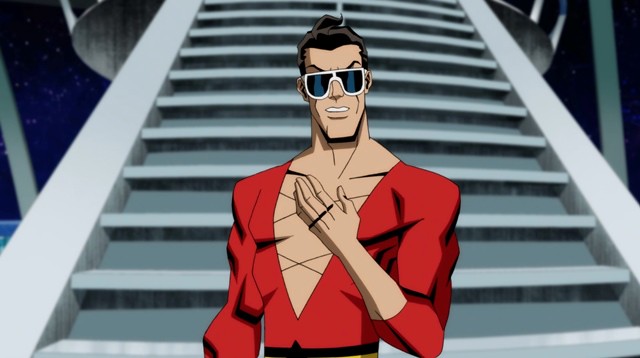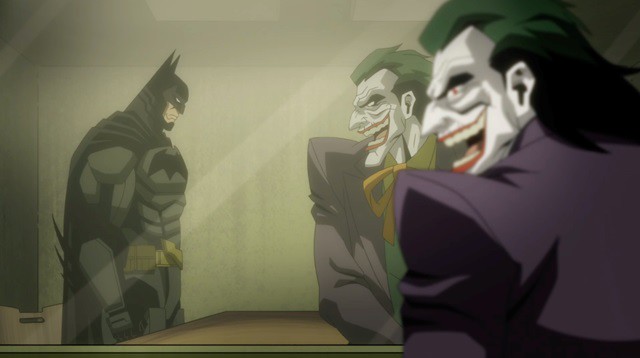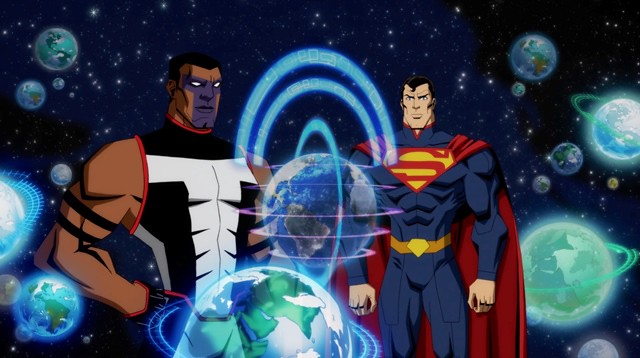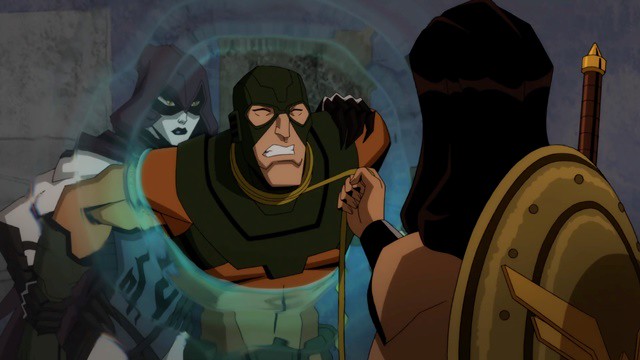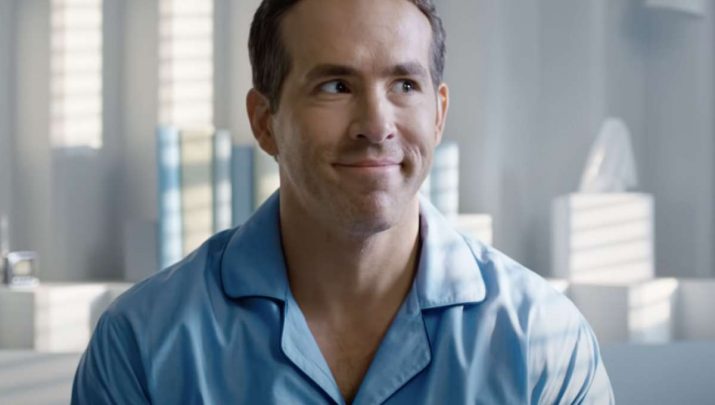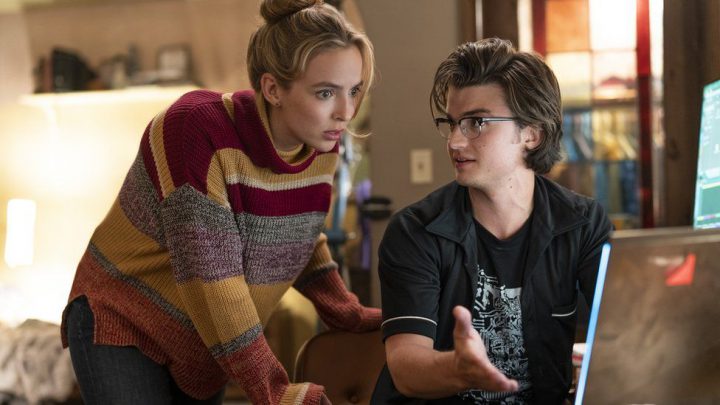
Welcome back to the Flickchart Texas BBQ Road Trip, where we are visiting the best BBQ spots and films in Texas! Last time we were in Austin, and now we head up to north Texas for the first time. Join us as we drive up the highway, stopping just south of Dallas in another small Texas town.
Stop #16: Cedar Hill, Harris Bar-B-Que

Cedar Hill was founded back in 1846 by a group of settlers from southern American states, making it one of the biggest settlements in the area. While no major historical events or occurrences have happened in the small town, it had a notable tornado in 1856 that claimed several lives and a bank robbery in 1932 by one of the sidekicks of Bonnie and Clyde, Raymond Hamilton. The town was the county seat of Dallas County until the tornado came, after which the seat moved to Dallas proper. Many of the buildings from the town’s founding remain standing, which accounts for the large number of registered historical places in the area.
Today, Cedar Hill is like many of the small town BBQ spots we’ve covered so far. It’s enjoying Texas’s overall economic boom and has rapidly expanded since the 1990s. Increased economic opportunity has drawn people in, as has the beautiful nature surrounding the town. Cedar Hill is dotted with parks and hiking opportunities, including Cedar Hill State Park which is full of wildlife, and the beautiful Joe Pool Lake, a popular spot for water recreation.
All of this helped attract Harris Bar-B-Que, which moved here in 2019 from nearby Waxahachie. Kelvin Harris had been operating his black offset smoker all around Cedar Hill and Dallas for the better part of a decade, selling his product every day out of parking lots and gas stations in a questionably-legal manner. He eventually settled down and opened a brick-and-mortar joint in nearby Waxahachie, and there his reputation took off. Using a reverse flow smoker, he cooks hot and heavy right over the wood, which is usually a mixture of hickory, oak, and whatever else he scrounges up — sometimes pecan wood.

Another specialty of his is mixing pineapple juice into his BBQ sauce, which gives it a distinct flavor. When I visited I chowed down on some brisket and sausage doused in sauce. The brisket was nice and moist, but lacked a distinct bark or smoke ring. While not every brisket is obliged to follow the Central Texas model, its flavor somewhat faded in comparison to some of those briskets and amidst the abundance of sauce. The sausage was better, with a nice springy snap and flavor. I also enjoyed sides of green beans and potato salad. This place definitely wasn’t bad, but it doesn’t quite reach the upper echelons of the list.
I award the brisket 3.5 slices out of 5, and the sausage 4 links out of 5. I award Harris Bar-B-Que 3.5 smokers out of 5.
The Film: Tender Mercies
Two films were considered seriously for this spot, both of which take place in Waxahachie, the first home of Harris Bar-B-Que. Cedar Hill isn’t far, so both are still appropriate. While Places in the Heart was almost the winner, Tender Mercies was ultimately the best selection. The film never explicitly mentions Waxahachie, but the distances discussed while traveling to Austin and Dallas match, and it was shot almost entirely in Waxahachie.

Robert Duvall plays a broken country musician struggling with alcoholism who begins to turn his life around after starting a relationship with a young widow (Tess Harper). The film is full of country music, a suitable choice for a rural Texas setting, and Duvall sings all of his character’s songs and even wrote a few. The strength of the lead performance earned praise from Texas country music star Waylon Jennings, some of whose songs appear in the film.
Emotions are big in Tender Mercies and threaten to veer into melodrama at times. But director Bruce Beresford manages to reign in the excesses and deliver a touching picture about grace, forgiveness, and recovery. The struggles of Duvall’s character feel real, and the film takes plenty of time to explore the pains he is going through. While the story features the domestic struggles of many a soap opera, the stark realism attached to it keeps it from feeling phony.
Beresford wrote the script, inspired by the similarities between Texas and his native Australian bush country. Australia has its own country music scene, due partly to this sense of kinship. The photography of the relatively barren Waxahachie circa early 1980s creates some beautiful empty landscapes that add to the isolation of Duvall’s character. Likewise, Tess Harper earned the co-starring part for embodying those qualities. Beresford spotted her on-stage in Texas during the casting process and brought her in to help capture the film’s rural quality.

With the fantastic performances, wonderful landscapes, and strong story, Tender Mercies authentically captures small-town Texas. The country music is good and genuine, and the sense of catharsis at the end feels like a good country song. In a way, Tender Mercies is like a Texas country song made into film: a good story with big, genuine emotions that deliver a piece of human truth.
Does anyone eat barbecue in the film?
Nope. There’s relatively little eating of any sort in this film.
The Rankings
Texas Film Chart
- No Country for Old Men
- Rushmore
- Boyhood
- The Right Stuff
- Lone Star
- Chef
- Tender Mercies
- Dazed and Confused
- The Sugarland Express
- Frank
- Whip It
- This is Where We Live
- The Alamo
- Outlaw Blues
- Selena
- Nadine
Texas BBQ Chart
- Franklin Barbecue
- Pinkerton’s Barbecue
- Terry Black’s Barbecue
- Stiles Switch BBQ
- Valentina’s Tex Mex BBQ
- 2M Smokehouse
- Vera’s Backyard Bar-B-Que
- Hays Co. Bar-B-Que
- Smolik’s Smokehouse
- Gatlin’s BBQ
- Micklethwait Craft Meats
- Payne’s Bar-B-Q Shak
- The Pit Room
- Cooper’s Old Time Pit Bar-B-Que
- The Smoking Oak
- Harris Bar-B-Que
Join us again next time for more delicious smoked meats and fantastic Lone Star cinema!
The post Flickchart Road Trip: Tender Mercies first appeared on Flickchart: The Blog.
